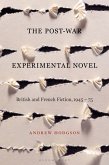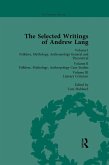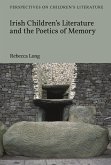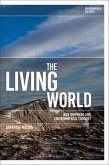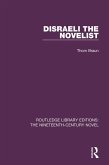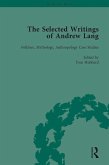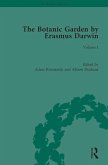Chance, and its representation in literature, has a long and problematic history. It is a vital aspect of the way we experience the world, and yet its function is frequently marginalised and downplayed.
Offering a new reading of the development of the novel during the mid-twentieth century, Jordan argues that this simple novelistic paradox became more pressing during a period in which chance became a cultural, scientific and literary preoccupation - through scientific developments such as quantum mechanics and the uncertainty principle, the influence of existential philosophy, the growth of gambling, and the uncertainty provoked by the Second World War.
In tracing the novel's representation of chance during this crucial period, we see both the development of the novel, and draw wider conclusions about the relationship between narrative and the contingent, the arbitrary and the uncertain. While the novel had historically rejected, marginalised or undermined chance, during this period it becomes a creative and welcome co-contributor to the novel's development, as writers such as Samuel Beckett, B.S. Johnson, Henry Green and Iris Murdoch show.
Offering a new reading of the development of the novel during the mid-twentieth century, Jordan argues that this simple novelistic paradox became more pressing during a period in which chance became a cultural, scientific and literary preoccupation - through scientific developments such as quantum mechanics and the uncertainty principle, the influence of existential philosophy, the growth of gambling, and the uncertainty provoked by the Second World War.
In tracing the novel's representation of chance during this crucial period, we see both the development of the novel, and draw wider conclusions about the relationship between narrative and the contingent, the arbitrary and the uncertain. While the novel had historically rejected, marginalised or undermined chance, during this period it becomes a creative and welcome co-contributor to the novel's development, as writers such as Samuel Beckett, B.S. Johnson, Henry Green and Iris Murdoch show.



